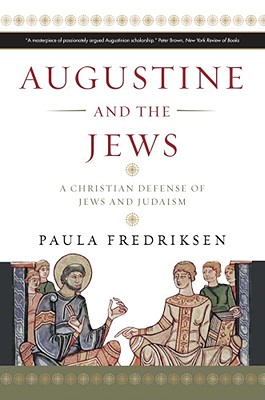
Fredriksen, Paula
Drawing us into the life, times, and thought of Augustine of Hippo (396-430), Fredriksen focuses on the period of astounding creativity that led to his new understanding of Paul and to his great classic, The Confessions. She shows how Augustine's struggle to read the Bible led him to a new theological vision, one that countered the anti-Judaism not only of his Manichaean opponents but also of his own church. The Christian Empire, Augustine held, was right to ban paganism and to coerce heretics. But the source of ancient Jewish scripture and current Jewish practice, he argued, was the very same as that of the New Testament and of the church--namely, God himself. Accordingly, he urged, Jews were to be left alone. Conceived as a vividly original way to defend Christian ideas about Jesus and about the Old Testament, Augustine's theological innovation survived the collapse of the Western Roman Empire, and it ultimately served to protect Jewish lives against the brutality of medieval crusades.
Augustine and the Jews sheds new light on the origins of Christian anti-Semitism and, through Augustine, opens a path toward better understanding between two of the world's great religions.







